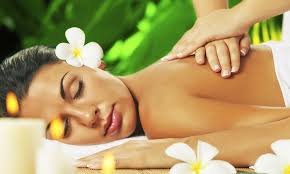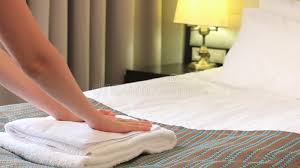
If the excretion duration of female postpartum lochia is long, and the lochia treatment is not effective, which can easily cause infection of the urethra, it will lead to postpartum cystitis in women.
In addition, due to the proximity of the bladder to the birth canal, the bladder is vulnerable to urine accumulation caused by the pressure of the pelvis and fetal head during delivery, and urine accumulation provides favorable conditions for the reproduction of bacteria such as E. coli, which causes women to suffer from cystitis after giving birth. So how to treat postpartum cystitis?
Chemical medicine treatment

Postpartum cystitis is mostly caused by bacterial infections, so antibiotics is commonly used for a fast control of the acute condition. However, As the patient is nursing at this time, it is not appropriate to take quinolones that could have a relatively good anti-bacterial effect but harmful side effects. They can only take amoxilin capsules, penicillin drugs and Ceftriaxone antibiotics which have a relatively small negative impact on the baby but limited anti-bacterial effect.
Natural herbal treatment

TCM believes that cystitis belongs to the category of "stranguria". The symptoms include frequent, urgent and Inexhaustible urination. Therefore, diuretic drug efficacy needs to be used to improve the symptoms. For the symptoms of pain in the lower abdomen that appear in patients, Traditional Chinese Medicine believes is caused by poor blood circulation and even blood stasis.
In addition, when the presence of pathogenic bacteria was found through medical examinations, the treatment is also required to have the effect of inflammation elimination and toxification. Diuretic and Anti-inflammatory Pill can fully meet the requirements besides it can ultimately cure postpartum cystitis without side effects.
Although postpartum cystitis can be well treated, it is better to prevent the disease before the occurence. Therefore, if women want to stay away from cystitis after childbirth, it is better to do the following:
1. Timely clear-up of lochia, keeping the vulva clean

Pay attention to the hygiene near the perineum and anus to reduce bacterial reproduction. Women need to clean the vulva daily with warm water after child birth, but be careful not to rush water into the vagina.
2. Drinking more water, urinate more
Postpartum bladder muscles are still relatively loose, easy to accumulate urine, and urine provides favorable conditions for bacterial reproduction. Therefore, in order to avoid infections caused by bacterial residues in the bladder, it is necessary to drink more water and urinate more.
3. Avoid public sanitary appliances
Such as public toilets, bath rooms, etc., so that public transmission is circumvented.

